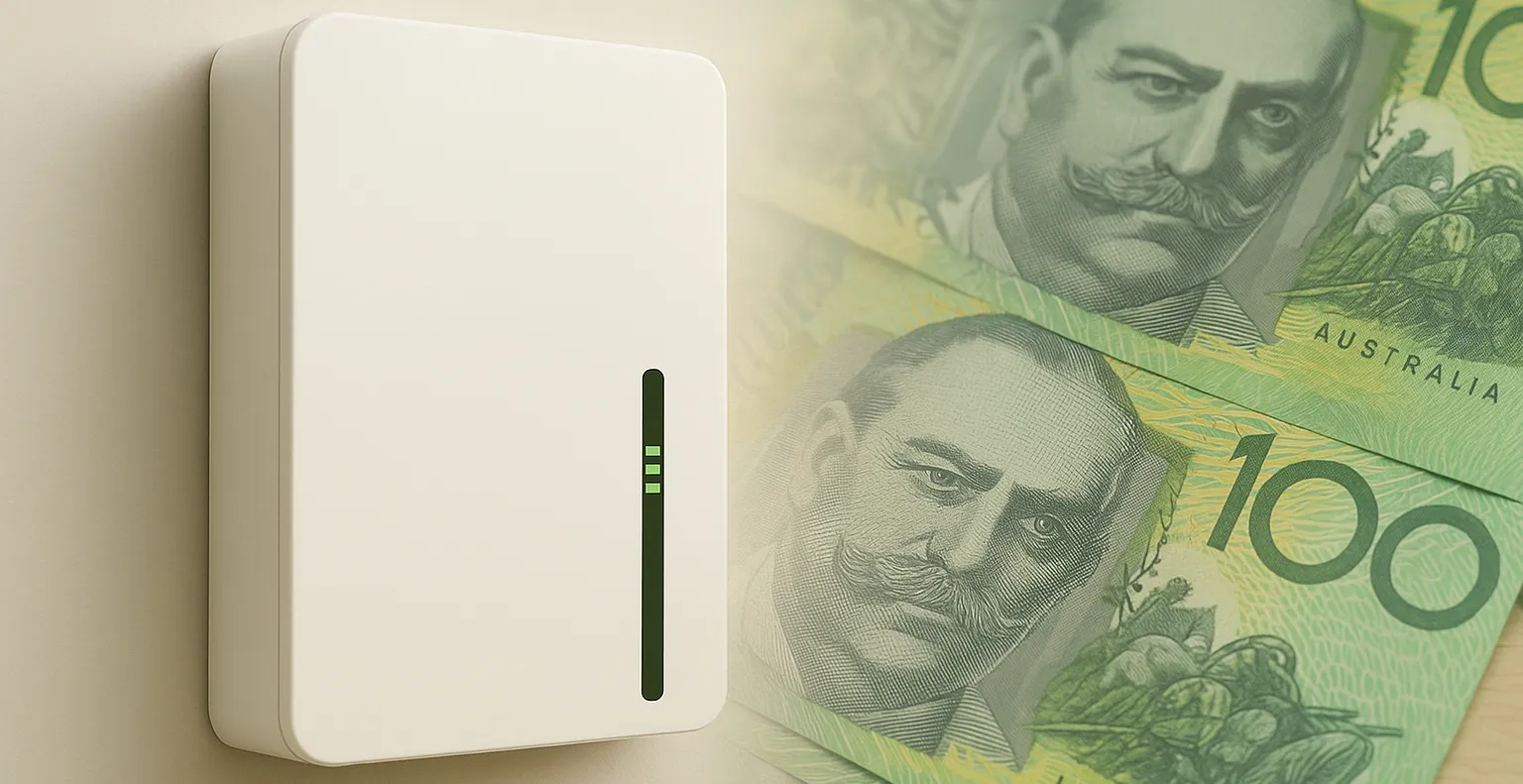Solar Victoria continues to strengthen consumer protections through its Solar Homes Program, focusing on ensuring that households opting for energy-efficient hot water systems receive high-quality products and services. As demand for heat pump hot water systems surges across the state, the organisation is taking decisive steps to uphold stringent industry standards for both retailers and installers, safeguarding consumers while promoting sustainable energy solutions.
The growing interest in heat pump hot water systems is largely driven by the Solar Homes program, which provides incentives for households to transition to more energy-efficient technologies. However, recent investigations revealed compliance issues, prompting Solar Victoria to take action against retailers engaging in dishonest practices. One such retailer was removed from the program after submitting irregular invoices, while others have faced suspension or cancellation.
Safeguarding Consumers with Comprehensive Audits and Invoice Reviews
A key focus for Solar Victoria is ensuring transparency in the pricing of energy-efficient systems. The financial incentives provided by the program are applied only after retailers account for all other discounts and rebates, meaning consumers should see the full benefit reflected in their final bill. To maintain this transparency, Solar Victoria thoroughly reviews all invoices to verify that the incentives are correctly applied.
Retailers in the program must adhere to strict guidelines, covering everything from the initial quote to installation and warranties. Solar Victoria reinforces this through comprehensive audits, assessing everything from labour costs and installation quality to the integrity of the retailer's customer interactions. These audits ensure consumers are protected from overcharging or misrepresentation, and that all safety and installation standards are met.
Raising Standards and Addressing Non-Compliance
To maintain high industry standards, Solar Victoria remains in close contact with industry bodies and imposes penalties on non-compliant retailers. Retailers who fail to meet program standards receive warnings before being suspended or permanently removed if they do not rectify their practices.
These compliance efforts build on previous measures introduced to protect consumers. In 2021, Solar Victoria banned door-to-door solar product sales, and in May 2024, it expanded protections by prohibiting telemarketing. These measures aim to protect consumers from high-pressure sales tactics, giving them peace of mind when exploring energy-efficient solutions.
To further assist consumers, Solar Victoria maintains an updated list of authorised retailers on its website. This list ensures that households can select service providers who meet the program’s rigorous standards, reducing the risk of encountering unscrupulous businesses.
Understanding Heat Pump Hot Water Systems
For those unfamiliar with heat pump hot water systems, these devices represent a modern, energy-efficient solution for heating water. They operate similarly to reverse-cycle air conditioners, but instead of heating a room, they draw heat from the surrounding air to warm water. This process makes heat pump systems an environmentally friendly alternative to traditional electric water heaters.
There are two types of heat pump systems available: split systems, where components are housed separately, and integrated systems, where everything is contained within a single unit. Both options offer significant energy savings and can drastically reduce household energy consumption.
The Benefits and Drawbacks of Heat Pump Systems
Benefits:
- Lower operating costs: Heat pumps can save households up to $1,600 annually compared to traditional water heating systems.
- Minimal maintenance: These systems typically require fewer inspections than conventional water heaters, usually only needing a check-up every three to five years.
- Cooling function: In hot climates, some heat pump systems can be reversed to provide cooling, offering a dual function.
- Longevity: Heat pumps often last between 14 to 15 years, and with proper maintenance, some can last even longer.
- Government rebates: Solar Victoria offers rebates to help offset the upfront costs of installing heat pump systems, making them a more affordable option for many households.
Drawbacks:
- Higher upfront cost: Despite long-term savings, heat pumps can be more expensive to install initially compared to other hot water systems.
- Location-sensitive installation: Not all homes are suited for heat pump installations, and careful planning is required to find the right spot.
- Cold-weather limitations: In extremely cold conditions, heat pumps may struggle to perform efficiently, although many systems come with boosters to help in these situations.
- Partial reliance on electricity: While heat pumps are energy-efficient, they still rely on electricity, which may not always come from renewable sources.
- Limited rebate coverage: The government rebate typically covers only the cost of the unit, with installation and other associated costs left to the consumer.
Choosing the Right Heat Pump System
When deciding on a heat pump system, homeowners should consider their household’s hot water needs, the size of the system, and the potential energy savings. While the upfront cost is higher than that of conventional systems, the long-term benefits, such as reduced energy bills and government rebates, often outweigh the initial expense. Homeowners should also account for installation considerations and ensure their property is suited for a heat pump system.
Are Heat Pump Hot Water Systems a Worthwhile Investment?
In summary, heat pump hot water systems offer significant energy and cost savings, making them an excellent investment for eco-conscious homeowners. While they do require an initial outlay, the long-term benefits, including lower utility bills and government rebates, make them a financially smart and environmentally responsible choice.
These systems are highly adaptable to various climates and, with boosters, can operate efficiently even in cooler weather. As a more sustainable alternative to electric water heaters, heat pumps help reduce household energy consumption, contributing to a greener future.
By enforcing high standards through its Solar Homes program, Solar Victoria is not only promoting the adoption of these energy-efficient systems but also ensuring that consumers are protected from unethical practices. Through rigorous compliance checks and audits, the organisation is helping Victorians make the switch to cleaner, more efficient technologies with confidence.
Article information source: Solar VIctoria - Solar Victoria enforcing consumer protections for energy-efficient hot water system installations
Everyday Plumbing and Gas - Heat pump hot water systems explained

